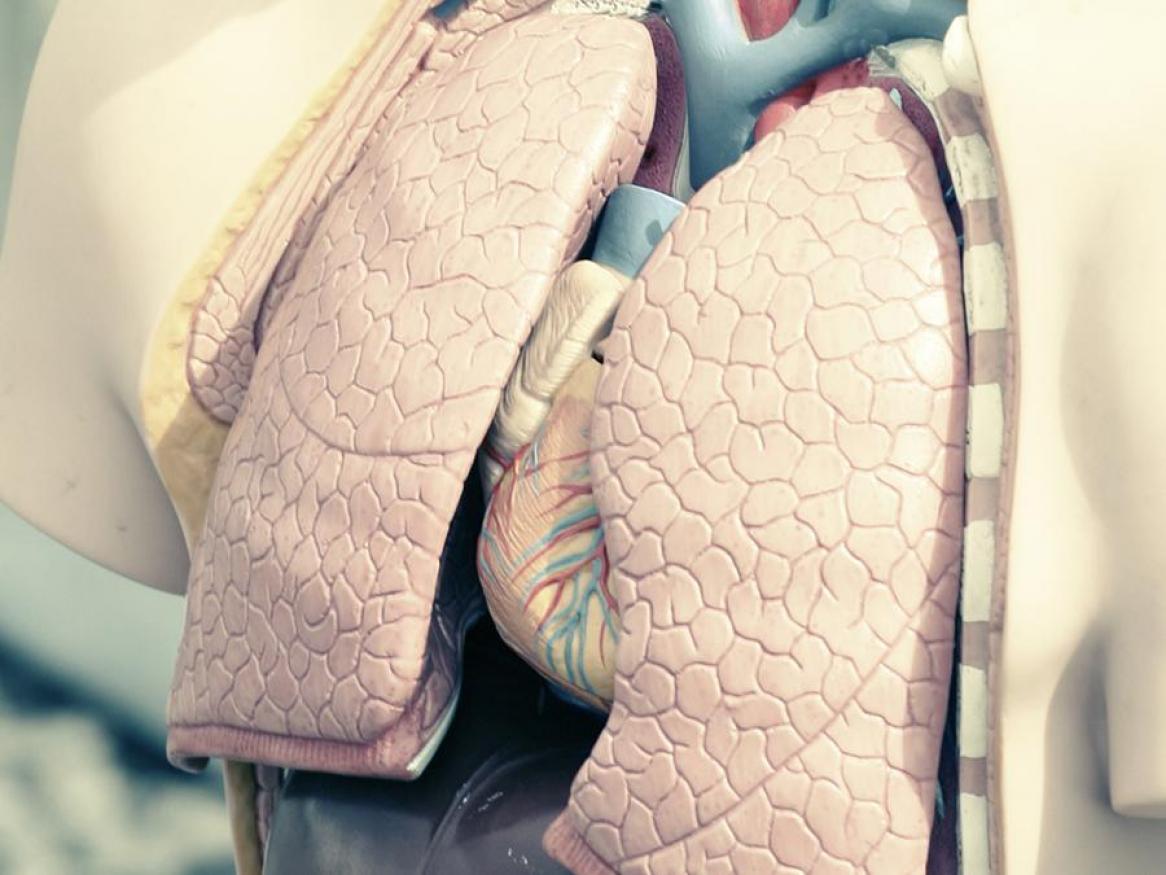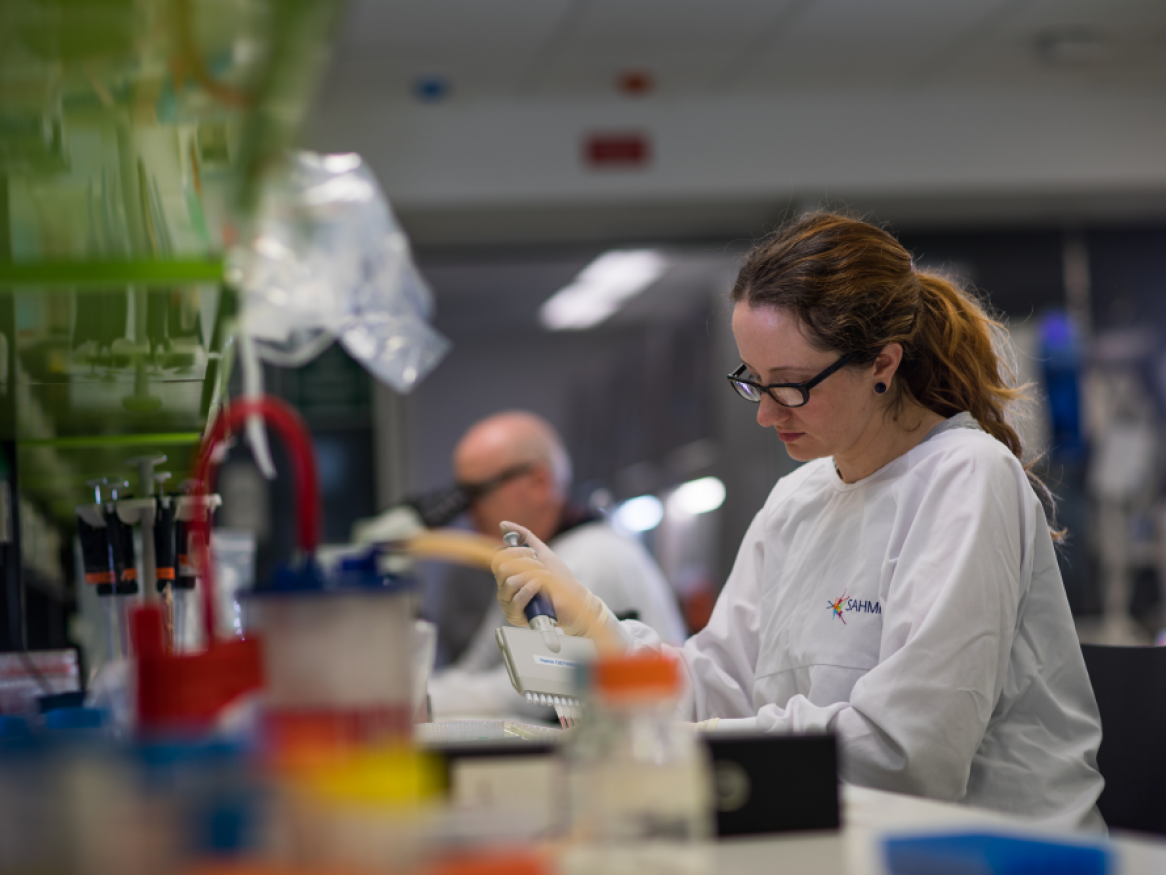Postprandial Hypotension Group
Our clinical research group investigates the mechanisms and management of an important disorder, postprandial hypotension (PPH).
PPH is characterised by a substantial meal-induced fall in blood pressure.
PPH occurs in ~15% of healthy older people over the age of 65 years, ~40% in nursing home residents and ~30-40% of older patients with type 2 diabetes. It adversely affects quality of life, particularly because fainting leads to falls, stroke, and angina and is an independent risk factor for death in nursing home residents.
PPH has received little attention, despite being one of the main causes of fall-related injuries in Australia and the fact that injury prevention remains a National Health Priority Area. Management of PPH is currently suboptimal, at least in part because the condition has been poorly defined. There is currently no satisfactory treatment.
A postprandial fall in blood pressure indicates inadequate cardiovascular compensation for blood pooling in the gut following a meal. Research by our group has shown that the magnitude of the fall in blood pressure is related to the rate of stomach emptying and that, by slowing it, the fall in blood pressure after a meal can be reduced markedly.
More recently, we have shown that the so-called incretin hormones, glucagon-like peptide-1 (GLP-1) and glucose dependent insulinotropic polypeptide (GIP), are important in blood pressure regulation, so that GLP-1 attenuates the fall in blood pressure, whereas GIP may exacerbate the fall.
Our continuing research is focused on translating these recent insights into specific and effective management strategies for PPH to improve health outcomes.
Interested in a postgraduate research degree?
We offer exciting opportunities for researchers at the honours, masters and PhD levels. Our research degrees are open to students from a broad range of backgrounds, and range from basic sciences to clinical research. If you are interested in human health, consider furthering your research career with us.




